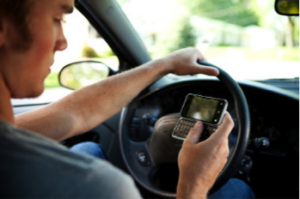 When our children are young, we as parents are making all of the decisions for them. What they eat, wear, what they do, where they go and who they are playing with. As they get older they need to start thinking and making more decisions on their own. Having the confidence to think on their own, make choices and use their verbal skills to express themselves tells us that they are growing up. Unfortunately, much of the way classrooms are taught is not encouraging critical or creative thinking and the same may be true in the home.
When our children are young, we as parents are making all of the decisions for them. What they eat, wear, what they do, where they go and who they are playing with. As they get older they need to start thinking and making more decisions on their own. Having the confidence to think on their own, make choices and use their verbal skills to express themselves tells us that they are growing up. Unfortunately, much of the way classrooms are taught is not encouraging critical or creative thinking and the same may be true in the home.
There are some experts that put the blame on a change in culture – with all of the attention on the amount of media and the internet that young people are exposed to and seem to be addicted to. However if we as parents and teachers are inclined to tell youngsters what to do and what to think and not teach them how to think about what they are doing – we end up with students who are not creative or able to think through why certain behaviors are better for them than others. They expect for others to tell them what to do – and they expect that if it doesn’t fit their model they will fight about it. Here are two suggestions to get that critical and creative thinking going.
1. Expect students to explain their opinions – Everyone of us has the need to be heard and we want others to know what we think and feel, including children. As parents it is important to hear our children, but we should also expect that they explain to us how they came to these opinions. Having them explain – we will hear some very interesting thought processes – but that is important, so we can demonstrate other points of view. Working the conversations in this manner will help them use their brain to think of other options.
2. Demonstrate for them how to think and to be creative – Not all answers that we come up with are going to be the best answers, they may not be what is best for us or others, they may not be safe or fair. This does not mean that they are not answers, this is about being creative. When a difficult decision needs to be made, allow all of the answers to be heard – no matter how far-fetched and then think and talk through the positive and negative aspects of each one.
What does this have to do with confidence? Confidence comes from our ability to think, to see things as they are – not more or less difficult than they really are. Confidence comes from being able to be creative and come up with solutions that may not be expected. Teaching our children to think – critically and creatively will go a long way to building their confidence.






